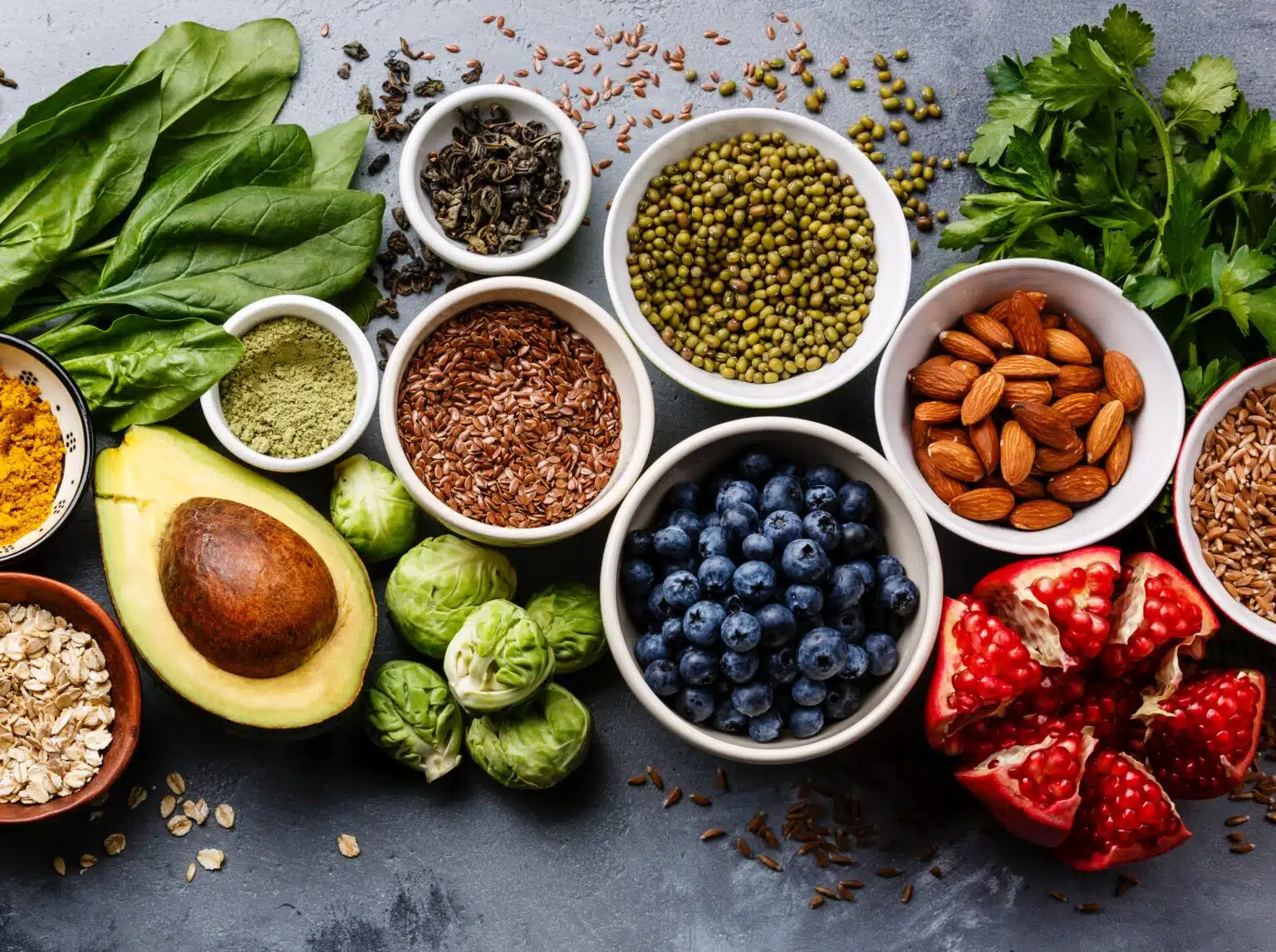You’re only as healthy as your stomach! Additionally, you need to take the proper diet, which includes enough prebiotics, to promote optimal gut health. Prebiotics are a type of dietary fiber that feed the good bacteria in your stomach, according to dietician Lovneet Batra. Blood sugar, pectic substances, beta-glucans, disaccharides, and resistant starches are some of these beneficial fibers, she stated on Instagram.

This encourages the production of nutrients for the colon cells by your gut bacteria, leading to a healthy digestive system. Your bloodstream may absorb these fatty acids, which enhance metabolic health.
Some of the 8 healthy prebiotic foods to promote intestinal well-being:
1. Garlic

Garlic, one of the greatest prebiotics, aids in fostering the development of healthful Bifidobacterium in the stomach. She added that it aids in preventing the development of bacteria that cause illness. It is a tasty herb with a number of health advantages because of its lipid-lowering, anti-inflammatory, and antioxidant characteristics.
2. Onion

A pleasant and adaptable vegetable, onions are associated with a number of health advantages. Onions have high levels of inulin and FOS, much like garlic. FOS increases nitric oxide generation in cells, which enhances gut flora, aids in fat metabolism, and strengthens your immune system. Onions also have antibacterial qualities and may be good for your cardiovascular health.
3. Chicory root

A flowering plant belonging to the dandelion family is the source of chicory roots. It has been used in cooking and medicinal for centuries and is well-known for having a flavor similar to coffee. Additionally, prebiotics is abundant in it. The prebiotic fiber inulin accounts for around 68% of the fiber in the chicory root. Chicory root’s inulin helps reduce constipation and enhances bowel movements. The high antioxidant content of chicory root may also shield your liver from lipid peroxidation. Increasing levels of insulin, a protein that aids in blood glucose regulation, may also aid in the prevention of diabetes.
4. Asparagus

Popular vegetable asparagus is also a fantastic source of prebiotics. The nutrient-rich vegetable contains organic inulin, which can assist your body to maintain healthy levels of glucose and insulin and improve your digestive health. A soluble fiber called inulin nourishes the good bacteria in the stomach, including lactobacillus and bifidobacteria. Asparagus has been related to the protection of a few malignancies. They have demonstrated that fiber and antioxidants contain anti-inflammatory properties as well.
5. Bananas

Bananas are more than just a tasty fruit; they also include a small amount of inulin and are high in fibre, vitamins, and minerals. Green, unripe bananas contain a lot of starch, which has beneficial properties. Additionally, a moderate banana (about 7 to 8 inches long) has just 105 calories, 3 grams of fiber, and 422 milligrams of potassium per serving.
6. Apples

Apples are tasty fruit that contains fiber. A large portion of an apple’s overall fiber content is made up of pectin, a kind of soluble fiber. Apple pectin offers prebiotic advantages. In a 2016 study, it was discovered that apple pectin could inhibit weight growth and abdominal obesity in obese rats while promoting healthy gut flora and reducing inflammation. According to research, apples not only provide prebiotic advantages but also boost cardiovascular health and may lower your risk of developing lung diseases like asthma.
7. Flaxseeds

Flaxseeds are very nutritious. They’re a fantastic source of prebiotics as well. Flaxseeds’ fiber improves regular bowel movements, supports good gut flora, and lessens the amount of dietary fat that is digested and absorbed. Flaxseeds have anticancer, antioxidant, and blood sugar-regulating qualities because they include phenol antioxidants.
8. Seaweed

A type of marine algae known as seaweed has some unexpected health advantages. The prebiotic-rich meal is adaptable and can be utilized in smoothies, soups, salads, supplements, and sushi rolls, among other things. The immune system is benefited from the abundance of vitamins, nutrients, antioxidants, and carbohydrates found in seaweed. Between 50 and 85% of the fiber in seaweed is soluble fiber. Studies in the lab have demonstrated that the polysaccharides in seaweed can boost the formation of relatively brief lipids (SCFA), which feed the gut lining cells.













